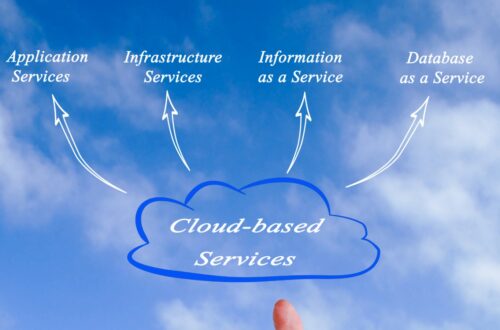In today’s hyper-connected world, where digital transformation is reshaping industries and societies, the twin concerns of data privacy and accessibility have taken center stage. While the benefits of this technological revolution are undeniable, it also brings forth a pressing need to strike a balance between harnessing the power of data and safeguarding individual privacy rights. In this blog, we will explore the critical issues surrounding data privacy and accessibility in the age of digital transformation.
The Data Explosion
Digital transformation has fuelled an unprecedented explosion of data. From personal information and financial records to business insights and healthcare data, our lives have become increasingly digital, resulting in massive data collections. This poses both opportunities and risks.
Building Trust Through Transparency
Organizations must prioritize transparency in their data practices. This includes clear privacy policies, consent mechanisms, and informing users about how their data is used. Trust is essential in fostering long-term relationships with customers and users.
Cybersecurity Challenges
As data becomes more accessible, it also becomes more vulnerable to cyberattacks. Protecting sensitive information from hackers is an ongoing battle, and organizations must invest in robust cybersecurity measures.
The Ethical Dilemma
The age of digital transformation has brought about ethical questions regarding data usage. Organizations must consider the ethical implications of collecting and using data, especially when it involves sensitive information or surveillance.
Accessibility and Inclusivity
Digital transformation has the potential to increase accessibility for people with disabilities. However, it’s crucial to ensure that digital services and content are designed with accessibility in mind. This includes websites, applications, and digital documents.
Bridging the Digital Divide
While digital transformation offers numerous benefits, it also risks leaving behind those who lack access to technology or digital skills. Bridging the digital divide through initiatives that provide access and education is essential.
Data Ethics and Governance
Organizations should establish clear data ethics and governance frameworks. These frameworks should guide decision-making around data collection, usage, and sharing, ensuring that data is handled responsibly and ethically.
Data Localization and Sovereignty
Countries and regions are increasingly enacting data localization laws, requiring data to be stored within their borders. This has implications for data privacy, access, and cross-border data flows.
Collaboration and Innovation
Addressing data privacy and accessibility challenges in the digital age requires collaboration between governments, businesses, and civil society. Innovative solutions, such as privacy-enhancing technologies and secure data sharing protocols, should be explored.
Continuous Learning and Adaptation
Digital transformation is an ongoing process. Organizations must commit to continuous learning and adaptation to stay ahead of evolving privacy and accessibility requirements.
In conclusion, the age of digital transformation offers immense promise, but it also demands responsible data practices and a commitment to safeguarding privacy and ensuring accessibility for all. Organizations that prioritize data privacy, transparency, cybersecurity, and inclusivity will not only meet regulatory requirements but also earn the trust and loyalty of their customers and users in this evolving digital landscape. Take the first step towards a more responsible and secure digital future by visiting Coaches Oasis today.
Your data and user experience deserve the best!





